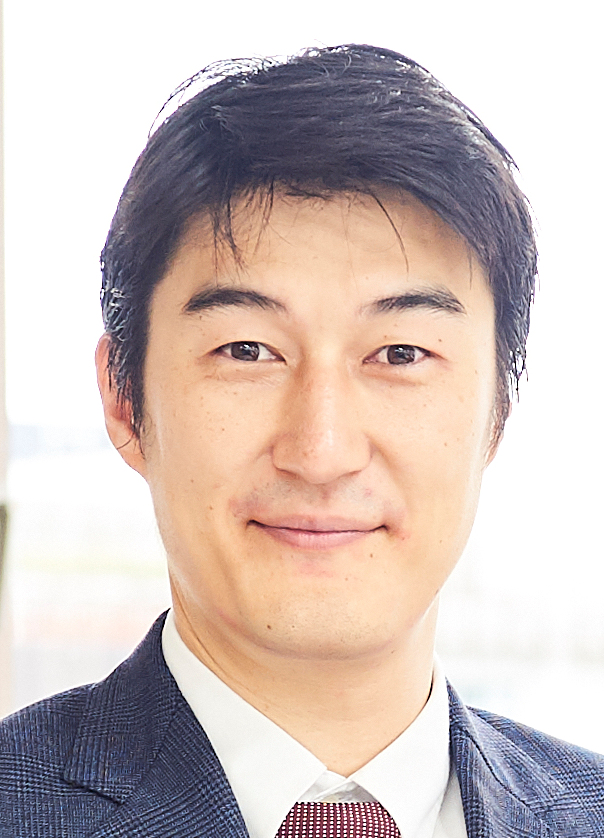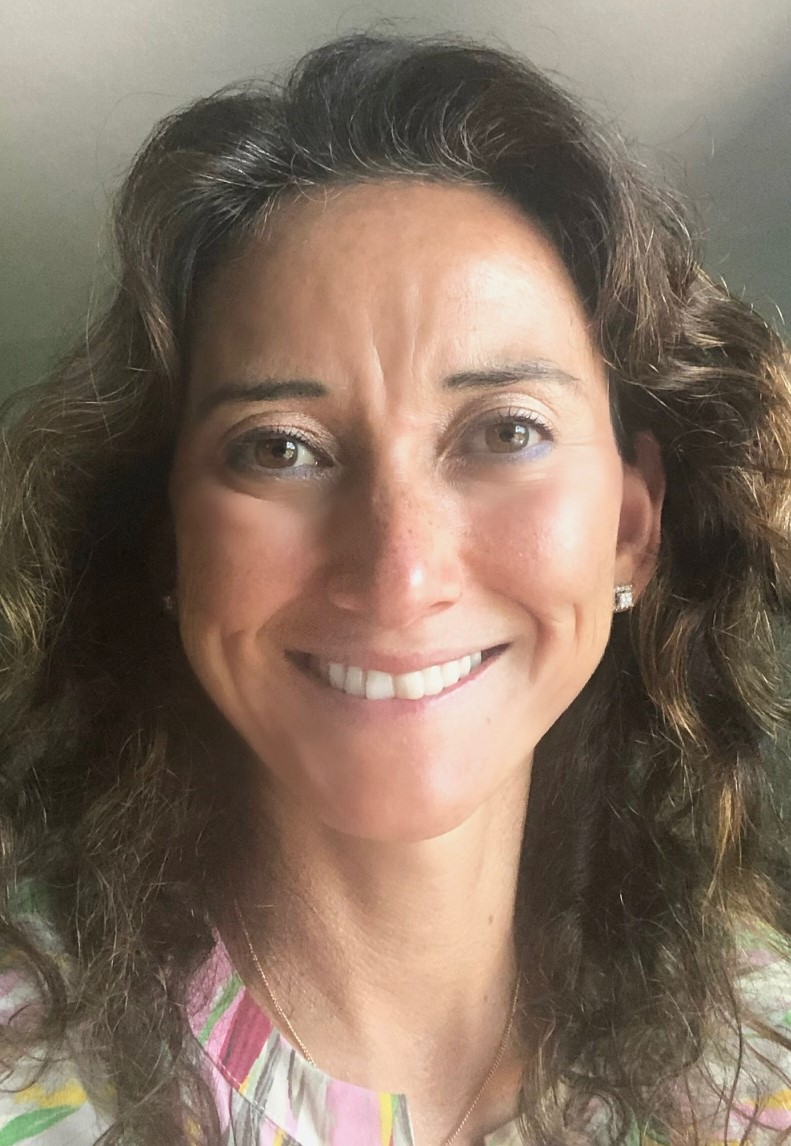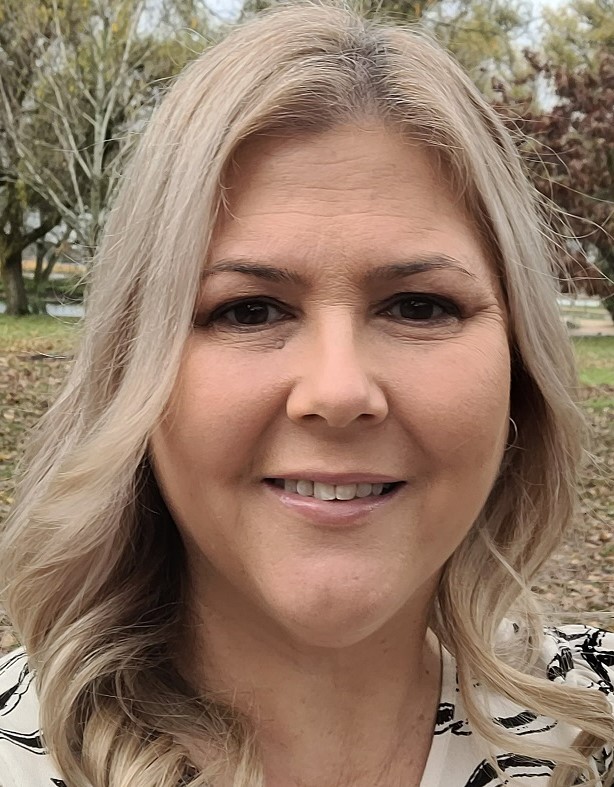Linking HEOR Research, Evidence, and Patient Needs for Decision Making in Asia Pacific
Healthcare systems in the Asia Pacific region are facing significant challenges dealing with depleting resources, and rising demands and
healthcare costs. The COVID-19 pandemic has further exposed inequities and long-standing vulnerabilities of health systems, and prioritization and rational use of scarce healthcare resources has become even more important. Within the past two decades,
decision makers in the region have also become increasingly cost-aware, paying more attention to the cost-effectiveness and budgetary impact of healthcare, as well as patient perspectives. Heavy discussions on resource allocation and rapidly growing
use of health economics and outcomes research (HEOR) for supporting evidence-informed policy making are now prominent in the region. Against this backdrop, ISPOR hosts Virtual Asia Pacific 2022 Summit “Linking HEOR Research, Evidence, and Patient
Needs for Decision Making in Asia Pacific”.
The Summit program features…
The Summit program features two thought-provoking plenary sessions, topical presentations and discussions, and educational symposia that target audiences of different levels and present on cutting-edge and innovative topics. Our speakers come from a diverse array of backgrounds and bring a wealth of ideas, experiences, and perspectives, and they will present and discuss the latest topics in Asia Pacific including -
- Real-World Data (RWD) and Real-World Evidence (RWE) – using HEOR to collect RWD, how to use RWE in reimbursement and regulatory decisions
- Value-Based Healthcare (VBHC) – discussing the progress of value-based reimbursement and procurement programs and contextual barriers and facilitators for VBHC implementation
- Reshaping HTA in the Pandemic and Beyond – strengthening capacity and enhancing cross-country collaboration and harmonization, and using RWD to inform the HTA process
- Digital Transformation in Healthcare – barriers to the implementation of digital health innovation and opportunities for building resilient healthcare systems
- Innovative Health Financing – identifying novel funding mechanisms to improve access, equity and quality
- Evolution of Patient Engagement – capturing the patient experience to make healthcare more patient-centric








